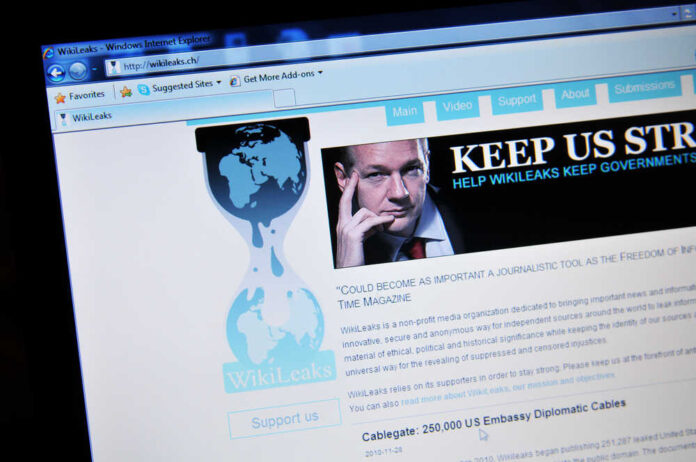
(IntegrityTimes.com) – On Tuesday March 26, founder of Wikileaks Julian Assange was granted a temporary reprieve by the UK high court in his fight to avoid extradition to the United States. Wikileaks is the online database where whistleblowers, journalists and activists can share classified documents and other media.
The U.S. government must provide “satisfactory assurances” within three weeks that he will get a fair trial, that his first amendment rights will be respected and that he will not face capital punishment if he is extradited to face trial in the U.S. for espionage charges or he will be allowed to stay in the U.K. to pursue a full appeal hearing in May.
Assange is facing criminal charges in the United States for publishing materials in 2010 which exposed war crimes by the US in Iraq and Afghanistan provided by former U.S. Army intelligence analyst Chelsea Manning, who was convicted by court-martial in July 2013 of violations of the Espionage Act and other offenses and is currently free after having a 35-year-prison sentence commuted. Assange’s lawyers say that if extradited to America, he could spend the rest of his life in prison.
Assange has been kept at the Belmarsh prison in London since April 2019 when Ecuador revoked his asylum. He stayed in the London-based Ecuadorian Embassy for seven years, unable to leave the premises for fear of extradition to the United States. Assange was born in Queensland, Australia, and is an Australian citizen. Officials in Australia have been lobbying for the U.S. to drop the extradition efforts or to consider a diplomatic solution that would allow him to return to his homeland.
Lawyer for the U.S., James Lewis, has argued that Assange’s actions threatened the “strategic and national security interests” and were directly responsible for serious risk of physical harm to the people named in the leaked documents. However, many believe that continuing American attempts to punish Assange represents an attempt by the U.S. to prosecute an individual who is not one of its citizens, which some are calling an extraterritorial reach. There is also some concern that this will affect whistleblowing as well as journalism more generally.
Copyright 2024, IntegrityTimes.com













